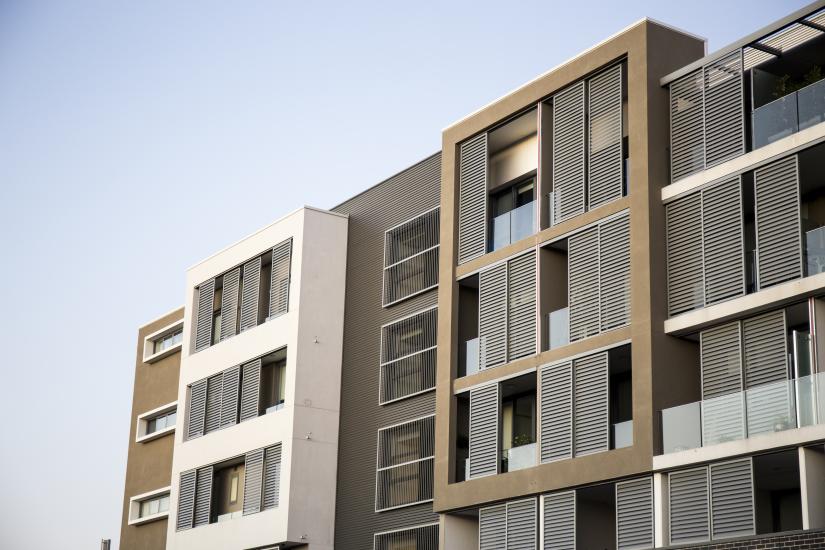More than half the world’s population now live in cities, a trend set to keep rising.

High density development is crucial to scale back urban sprawl that is eating up peri-urban farm and bushland – but residents living in highly urbanised environments are more affected by heat, heart disease, mental illness and Type 2 diabetes.
A new landmark study commissioned by Landcom – the NSW government’s land and property development organisation – and led by UTS, in partnership with University of Sydney and University of NSW, will examine how future high density developments can be planned with a focus on healthy living.
The study will take a unique multi-disciplinary examination of high density living across architecture, planning and public health.
Landcom Managing Director and Chief Executive Officer John Brogden said the study Translating Evidence to Support Planning Strategies for Healthier, Higher Density Living would provide new knowledge and tools to address a significant gap in planning healthy higher density precincts.
“Landcom has been given the task by the NSW Government to improve housing affordability, supply and diversity, and deliver quality housing and communities that provide social and economic benefits to the people of NSW,” Brodgen said.
“As Sydney’s population grows, the way we live is changing. There is a lack of research in Australia and around the world on what is needed to ensure people can live healthy, sustainable lives in an increasingly urbanised environment.
“There are a lot of questions we don’t have the answers to. This research will help us learn how we can design our cities to benefit people’s health.”
UTS Institute for Sustainable Futures Associate Professor Jason Prior said the study would look at existing research, and also examine recent Landcom high density developments at Green Square and Victoria Park.
“This collaboration provides a unique opportunity to understand how urban planning and design principles can be applied to high density developments within cities like Sydney to improve population health, and reduce their environmental impacts,” Associate Professor Prior said.
“Issues such as heat from built-up areas, through to Type 2 diabetes, heart disease and depression will be explored as well as strategies to manage these.
“The research findings will help policymakers and industry identify and implement proven health and wellbeing principles into their planning for urban developments.”
As our cities move to high density living, it becomes crucial to provide quality indoor and outdoor environments that can promote healthy living, UTS School of Architecture Associate Professor Leena Thomas said.
“Our analysis will focus on measures to mitigate health risks from sedentary life styles, extreme temperatures, poor ventilation and air quality, and absence of sunlight. These aspects become critical as they are more challenging to address in high density developments.
By bringing public health together with expertise in design, architecture and urban planning, we can design urban spaces that address current health issues, Distinguished Professor of Public Health Jon Adams said.
“Healthy living breeds better health outcomes much further down the track in terms of not only coping with certain illnesses but also the prevention of illness.
“This research seeks to improve the health outcomes of the population by taking a preventative approach.”
The study is expected to take about two and a half years to complete, and findings will be progressively released through Landcom’s annual conference CoLab, which reports on the organisation’s research findings and learning activities.
The project is funded through Landcom’s University Roundtable Research Program, established in 2016 to champion multi-disciplinary and collaborative learning that focuses on complex urban challenges and innovation in planning for sustainable development.

